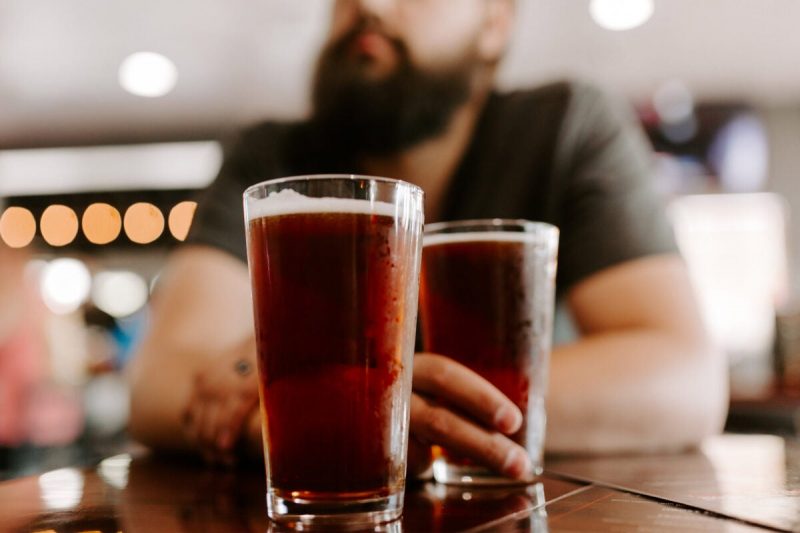Alcohol Consumption Trends During Pandemic: Insights and Warnings
The COVID-19 pandemic has brought about significant changes in various aspects of daily life, including alcohol consumption patterns. Research conducted during this period has shed light on the impact of the pandemic on drinking behaviors, highlighting both concerning trends and potential health risks associated with increased alcohol intake.
One major finding from studies conducted during the pandemic is the shift towards heavier alcohol consumption among certain segments of the population. Factors such as social isolation, stress, and uncertainty about the future have been cited as contributing to increased drinking among individuals. With restrictions on social gatherings and the closure of bars and restaurants, many have turned to alcohol as a coping mechanism or a form of entertainment while stuck at home.
However, the rise in alcohol consumption during the pandemic has raised concerns among health experts. Excessive drinking can have a range of negative effects on physical and mental health, including liver damage, increased risk of accidents and injuries, and exacerbation of mental health issues such as anxiety and depression. Moreover, prolonged and heavy drinking can lead to alcohol dependence or addiction, further complicating the individual’s health and well-being.
In light of these trends and potential risks, it is crucial for individuals to be mindful of their alcohol consumption habits during the pandemic and beyond. Setting limits on drinking, seeking alternative coping mechanisms such as exercise or relaxation techniques, and reaching out for support if needed are important steps that individuals can take to maintain a healthy relationship with alcohol.
Furthermore, healthcare providers play a key role in addressing alcohol-related issues among their patients. Screening for alcohol use disorders, providing education on safe drinking practices, and offering resources for treatment and support can help individuals navigate their relationship with alcohol in a responsible and sustainable manner.
In conclusion, the pandemic has had a significant impact on alcohol consumption patterns, with some individuals turning to alcohol as a coping mechanism during these challenging times. While it is important to acknowledge the role that alcohol may play in managing stress and anxiety, it is equally important to be aware of the potential risks associated with excessive drinking. By promoting awareness, providing support, and encouraging responsible drinking behaviors, we can work towards mitigating the negative effects of increased alcohol consumption and promoting overall well-being in individuals and communities.

